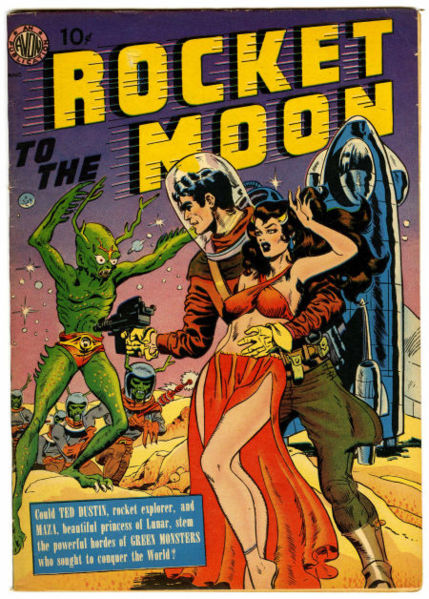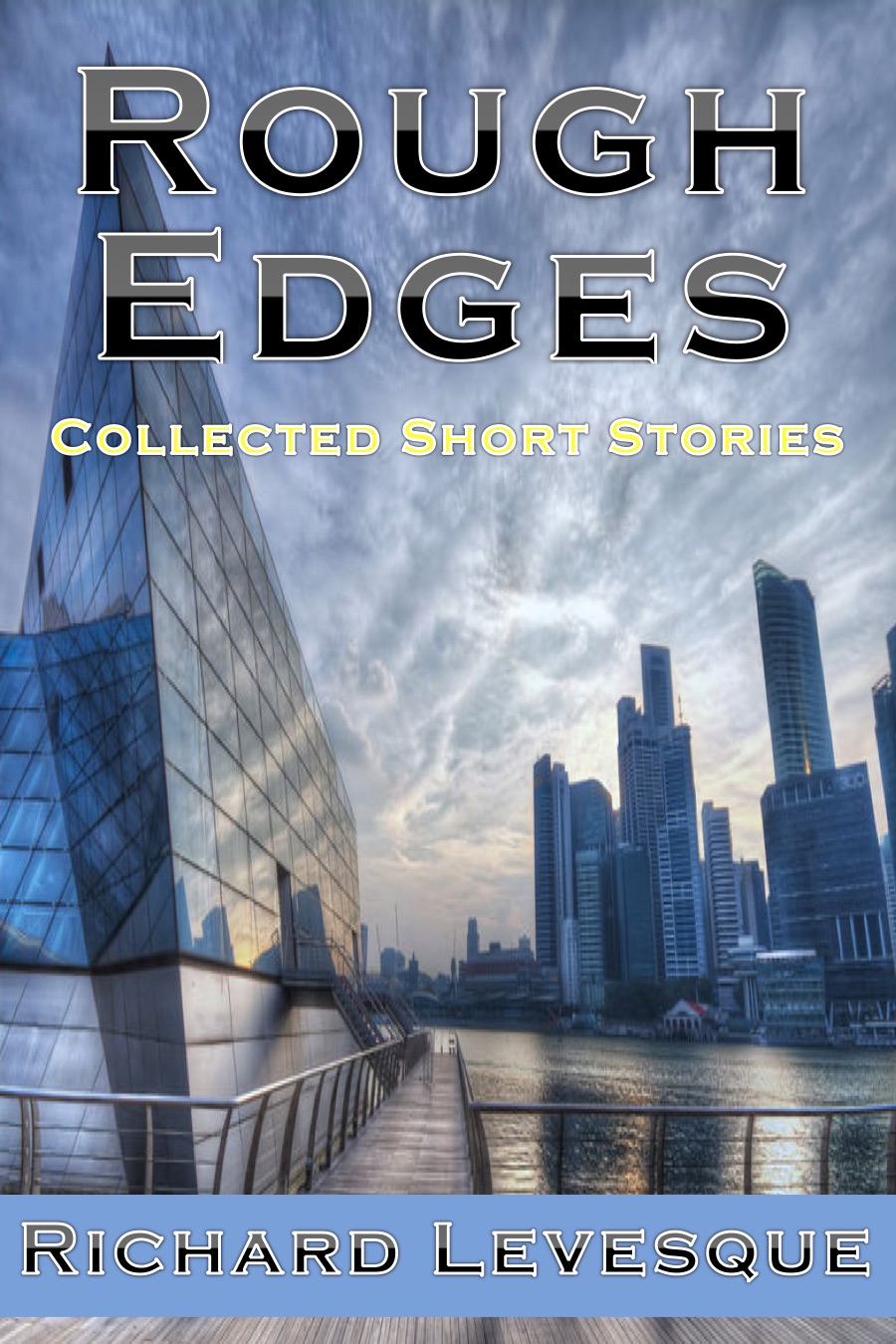Just What Is Science Fiction, Anyway?
Over the years, a lot of authors and scholars far more knowledgeable (and opinionated) than me have tried to nail down science fiction, defining it in a variety of ways, sometimes in contrast to other genres like fantasy. Here are a few:
John W. Campbell: “Fiction is simply dreams written out. Science fiction consists of the hopes and dreams and fears (for some dreams are nightmares) of a technically based society.”
Isaac Asimov: “Social science fiction is that branch of literature which is concerned with the impact of scientific advance upon human beings.”
Theodore Sturgeon: “A science fiction story is a story built around human beings, with a human problem and a human solution, which would not have happened at all without its scientific content.”
Sam Moskowitz: “Science fiction is a branch of fantasy identifiable by the fact that it eases the ‘willing suspension of disbelief’ on the part of its readers by utilizing an atmosphere of scientific credibility for its imaginative speculations in physical science, space, time, social science, and philosophy.”
Kingsley Amis: “Science fiction is that class of prose narrative treating a situation that could not arise in the world we know, but which is hypothesized on the basis of some innovation in science or technology, or pseudo-science or pseudo-technology. It is distinguished from pure fantasy by its need to achieve verisimilitude and win the ‘willing suspension of disbelief’ through scientific plausibility.”
James Gunn: “[T]he one indispensable ingredient of science fiction [is] a belief in a world being changed by man’s intellect, a conviction that what was being written could really happen.”
As fitting, proper, eloquent, or erudite as these definitions may be, I’ll bet everyone reading these definitions can think of a science fiction story or novel that doesn’t quite fit. Another thing that seems to be missing from most of these definitions is the simple element of fun  found in a lot of science fiction.
found in a lot of science fiction.
I’ve often thought that there are two distinct types of science fiction–the kind that makes you say, “Hmmm” and the kind that makes you say, “Wow!” In other words, there’s the contemplative, serious science fiction that looks at problems associated with technology and our future as a species, and then there’s that other branch of science fiction that considers the development of laser guns as a means of killing bug-eyed monsters and aiding the hero or heroine in getting laid.
I think the definitions above are all aimed at the “Hmmm” branch of SF. What definitions can we come up with for the Wow?
Isaac Asimov James Gunn John W. Campbell Kingsley Amis Sam Moskowitz Science Fiction theodore sturgeon







2 Responses
Interesting post. I like seeing the slight differences in defintions. Recently, I came across Robert Heinlein’s defintion: “stories that would cease to exist if elements involving science or technology were omitted.” Apparently, many fans asked him to define the genre because it was one of the “check box” answers on this form letter response. [I’m not sure if you allow links in your comments, so I will say that the full letter is available on Letters of Note, and I link to it in my post from 11/20/12, “Is a Form Letter Ever Personal Enough?”]
For the “Wow!” I’d say Science Fiction is the type of story that causes an ache in your heart hoping that human kind will be able to achieve such technological glory, and even better if it is during your lifetime. For me personally one of the tragic aspects of both “Wow!” and “Hmmm” Sci-Fi, now that I am older and I have seen and understood the worst that humanity has to offer, is that I don’t want us to leave the planet. I want all our horrible ideas and evil to die here on this rock with us. In the area of pop entertainment when I watch shows like Star Trek Next Gen, or other nobly intentioned representations of humanity becoming better and stepping out into the stars, I actually get choked up sometimes because I now know that it will never happen…and if it ever does we will take all of our evil religions and tribal hatreds right up there with us. Looking forward to the first religious fundamentalist to blow up statues of an alien god on another world.
And I know we are talking about print Sci-fi here but one of the saddest things about Next Gen for me is the sound of the engines. If you watch the show with good headphones on you will notice the low rumble of the ships engines in the background of almost every scene. It is a realistic detail that taps into that “Wow!” factor of space travel and technology that will never be. We can’t possibly get our shit together in time to create such tech before some natural or social disaster wipes us out as a species. It makes me deeply sad to be an adult and realize logically that the resources required to build such ships are… astronomical.
Comments are closed.